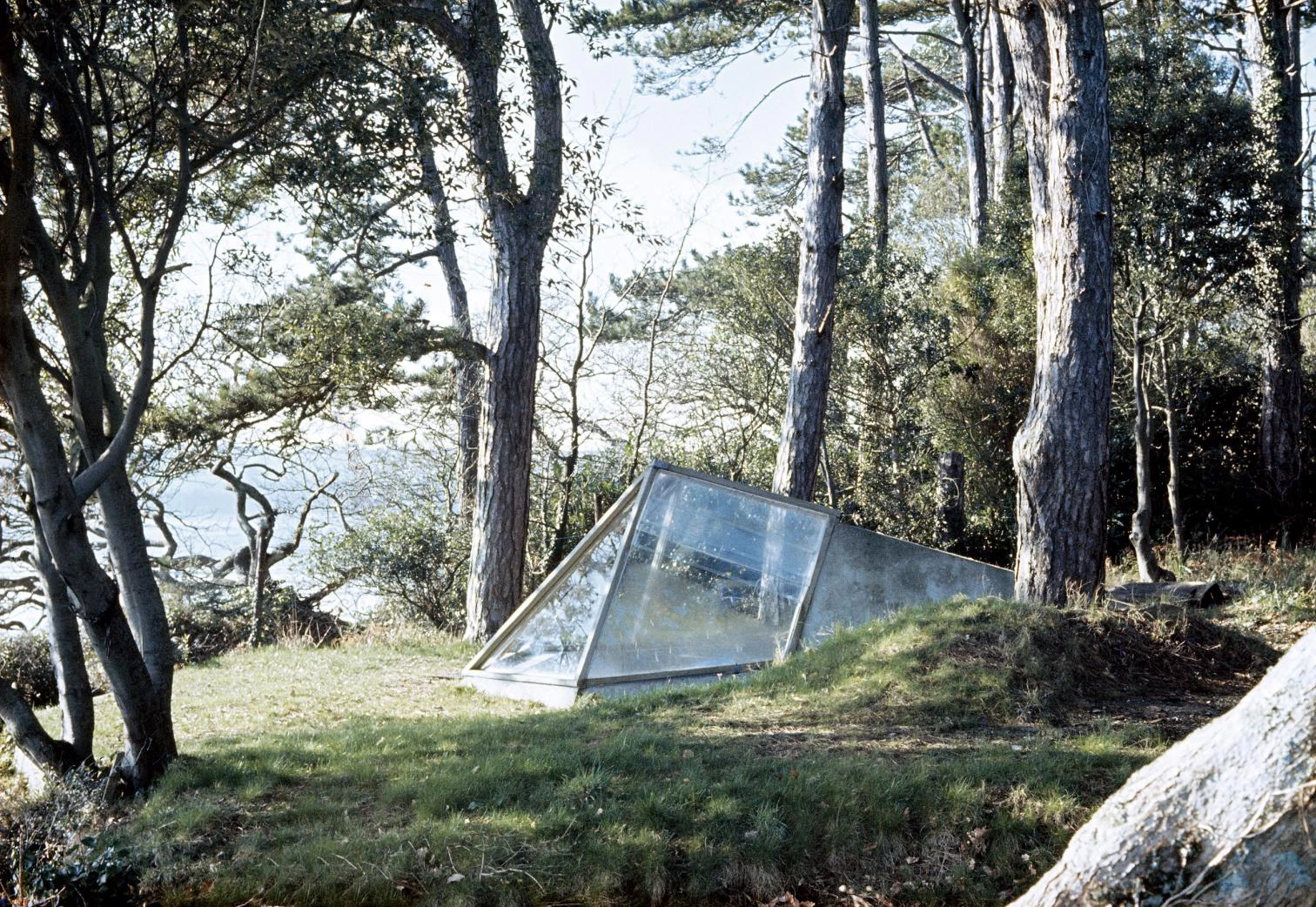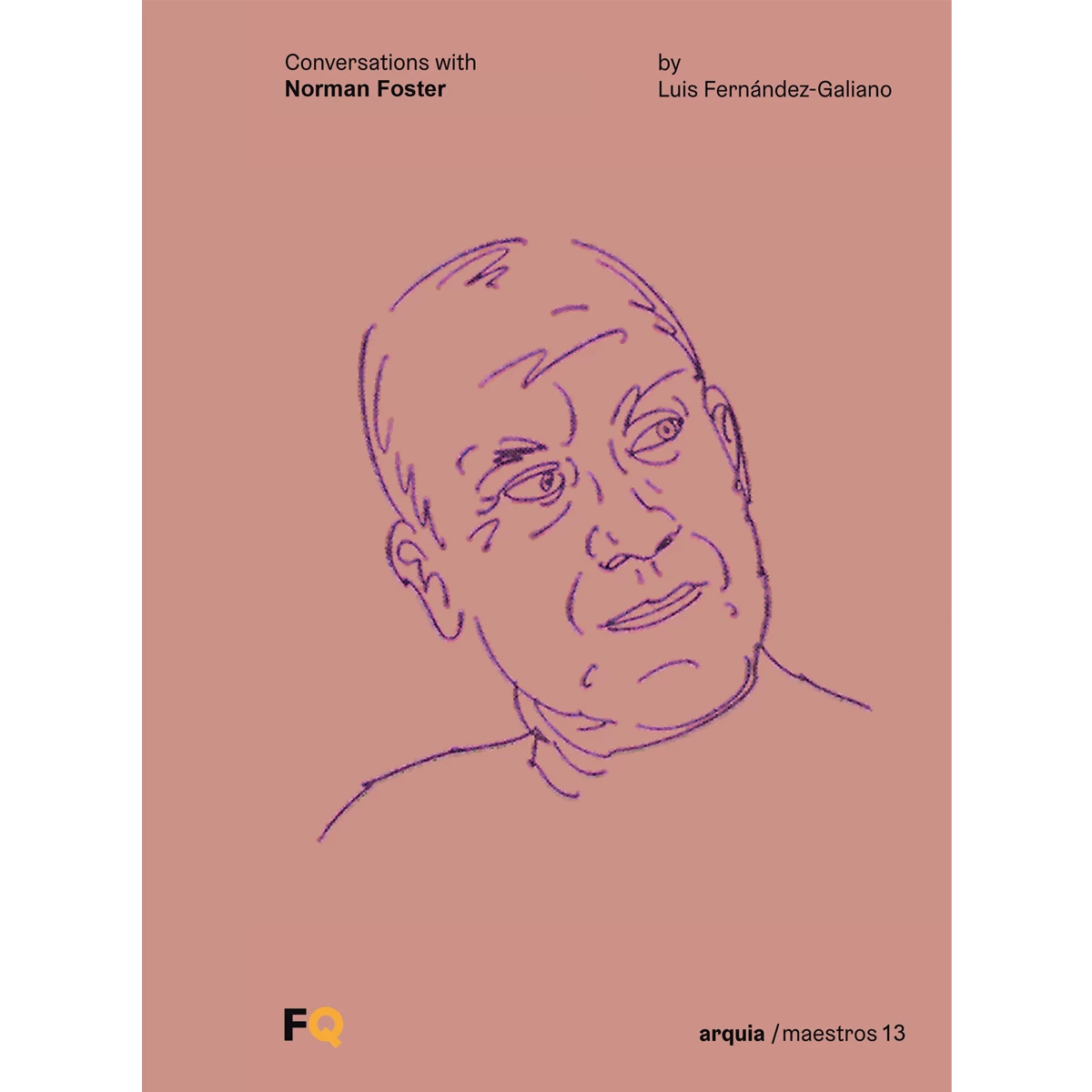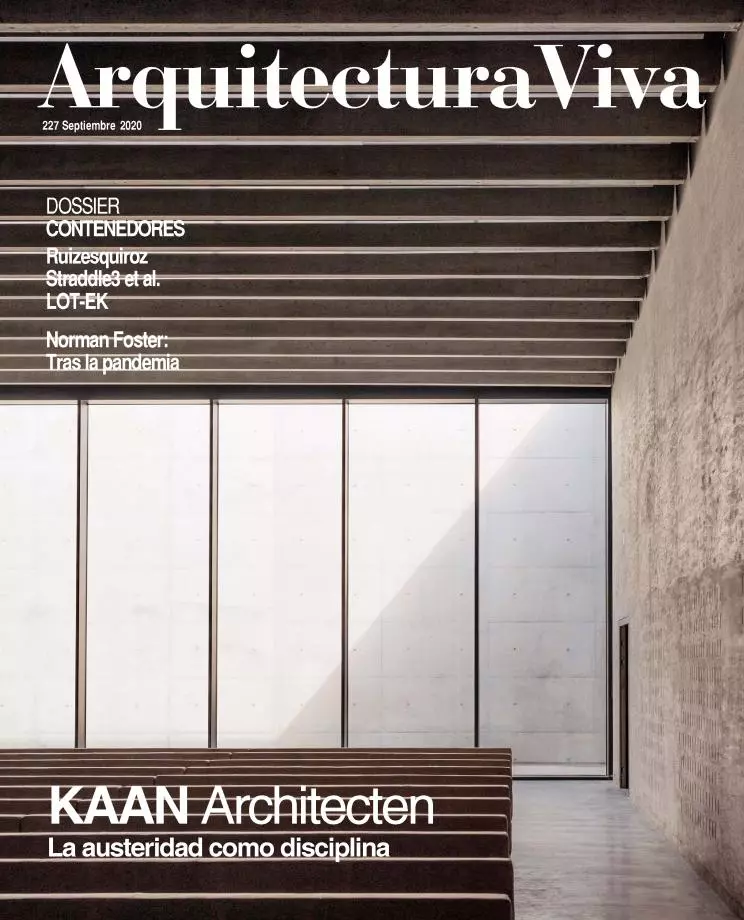
As a youngster, Norman, the son of a working-class family from Manchester, took an interest in machines and airplanes, dreamed of a science-fiction future, and discovered the world through his readings in the public library. After two years working for the city council, he secured a job as an administrative assistant in an architect’s studio. Meanwhile, by night, he copied the office drawings to build a portfolio that would enable him to get into the School of Architecture, where his skills with a pencil earned him awards in several drawing competitions. He put the proceeds toward travelling through Europe and visiting the buildings he had only seen in photographs. He familiarised himself not only with those designed by Le Corbusier, and with those of Danish architects Kay Fisker, Arne Jacobsen and Jørn Utzon, but also with the classical architecture of Palladio, the public spaces of historical cities such as Siena, and vernacular buildings. A scholarship led him to complete his training at Yale University under the guidance of professors such as Paul Rudolph, Serge Chermayeff and Vincent Scully, and also to gain familiarity with architecture in the United States through extensive travels there. It was in the United States that he struck up a friendship with Richard Rogers, also British, with whom he was to establish his first studio under the name ‘Team 4’ upon their return to the United Kingdom. Their wives, Su Rogers and Wendy Cheesman, were also partners... [+]






